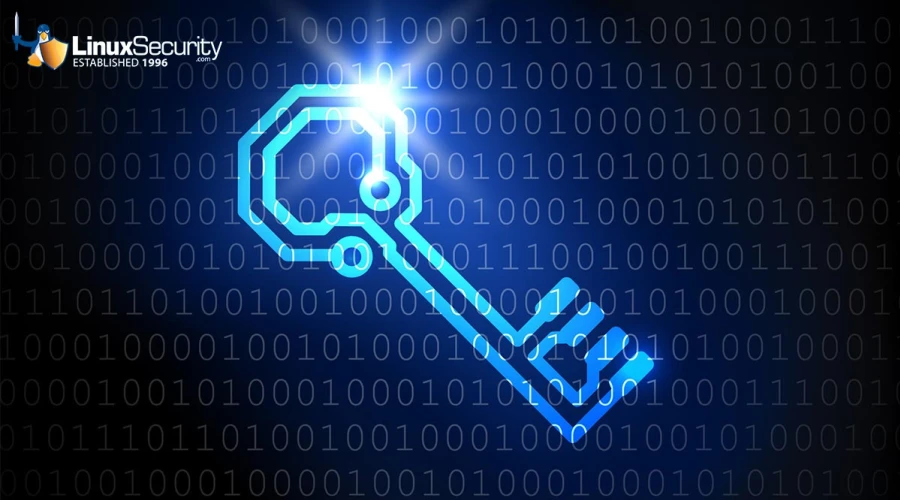
The Linux Foundation recently launched its partnership with the Post-Quantum Cryptography Alliance (PQCA). This open and collaborative initiative aims to address the data and network security challenges that quantum computing presents by developing and adopting quantum-resistant cryptography.
What is Quantum Computing? Who Supports PQCA?
Quantum computing combines various scientific fields to solve network security issues more efficiently and effectively. Computer science, physics, and math contribute to a successful cloud security framework, and quantum computing uses each aspect in its comprehensive solutions.
PQCA has support from founding members such as Amazon Web Services (AWS), Cisco, Google, IBM, and NVIDIA. These industry giants understand the value of post-quantum cryptography cybersecurity and how correspondence can enhance secure cryptographic solutions during development. Matthew Campagna, Senior Principal Engineer at AWS, states, "Post-quantum cryptography is an emerging area of cryptographic security that AWS has already started to invest in… By joining the PQCA, we will be able to promote better the development of the open standards and software that will be essential to help advance the state of the industry and keep customer data secure." PQCA is a worthwhile organization that can help improve the security posture of any online company.
What Security Implications Does PQCA Have?
 Our PQCA launch has a few setbacks that could shortly lead to certain network security risks. Here are the concerns and tactics we must keep in mind while working with PQCA:
Our PQCA launch has a few setbacks that could shortly lead to certain network security risks. Here are the concerns and tactics we must keep in mind while working with PQCA:
- As quantum computing evolves and develops, current cryptographic algorithms may harbor cybersecurity vulnerabilities that can lead to challenges if an attack occurs. Security practitioners must stay on top of potential network security threats and improve security posture by implementing cryptographic solutions to prevent issues from harming quantum computers.
- Linux admins, infosec professionals, and sysadmins must keep up with the latest information security news to update their servers with the most recent quantum-resistant cryptography. PQCA has various technical cybersecurity projects that involve developing, evaluating, prototyping, and deploying new post-quantum algorithms so that every industry can benefit from their services. These secure solutions can help organizations increase their credibility and boost their reputation.
- Security practitioners must evaluate the issues organizations may encounter when transitioning to post-quantum cryptography and devise strategies to ensure their business has a smooth, secure migration. PQCA supports cryptographic agility and aligns with the U.S. National Security Agency's Cybersecurity Advisory concerning the Commercial National Security Algorithm Suite 2.0. Therefore, companies collaborating with PQCA must understand the impact of cryptographic standards on new post-quantum algorithms.
Understanding the possible setbacks and the necessary reminders to utilize post-quantum computing is vital to improving security posture and helping your business thrive.
Our Final Thoughts on the PQCA Launch
The Linux Foundation Post-Quantum Cryptography Alliance enhances how valuable robust cryptographic solutions can improve data and network security in the face of quantum computing advancements. PQCA aims to develop and adopt post-quantum cryptography by collaborating with security practitioners. These professionals, including Linux admins, infosec users, internet security enthusiasts, and sysadmins, must actively participate in and follow PQCA's work to ensure the newest cryptographic solutions are secure, beneficial, and robust. Before transitioning to post-quantum cryptography cybersecurity, businesses must evaluate the cryptographic agility of the software to ensure they have long-term data and network security and communications in the post-quantum era.













